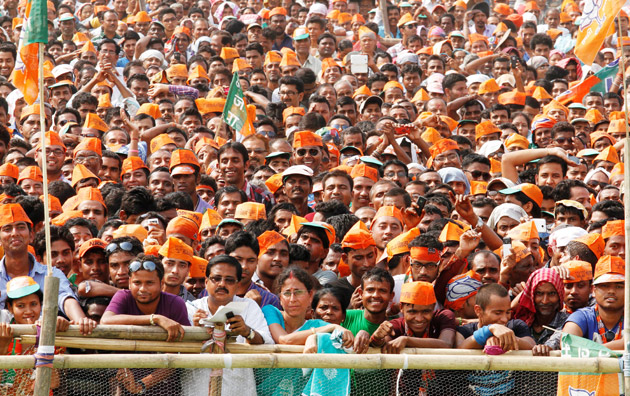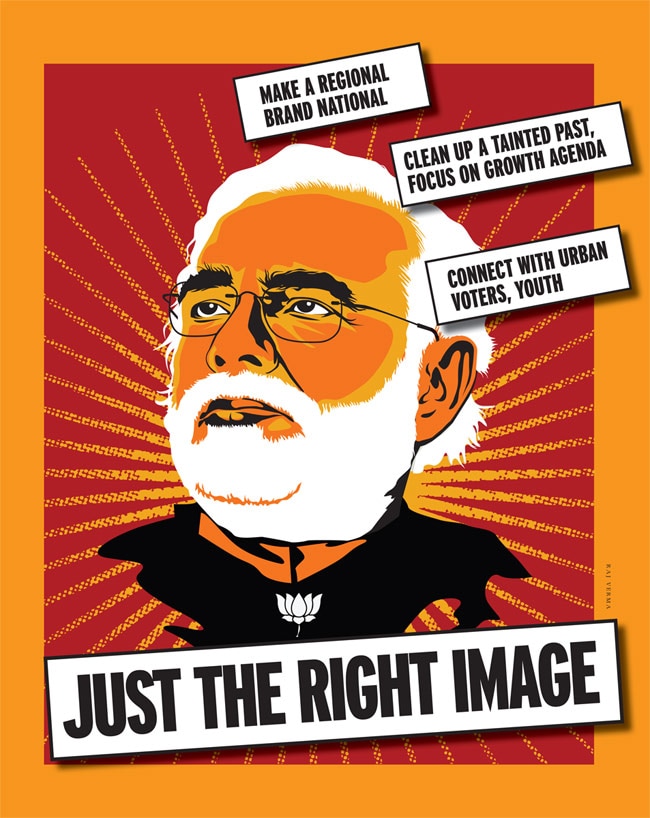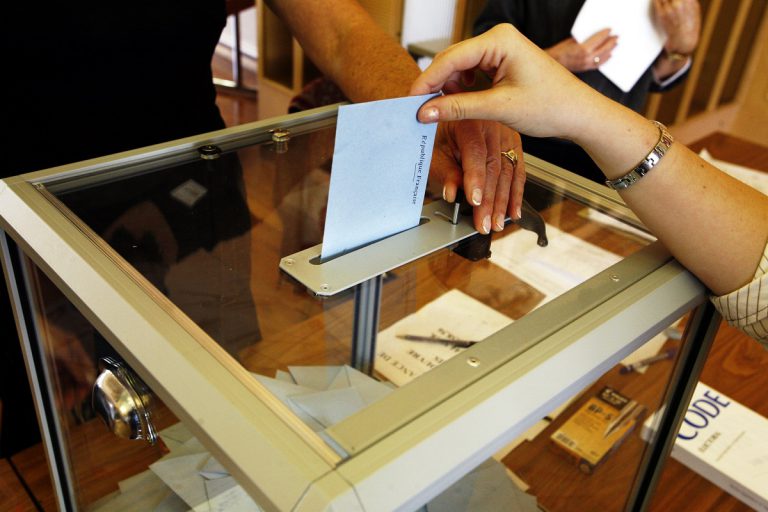Horatian political satire in Malayalam news channels

Anisha is a medium fish in a medium pond. She hopes to author a book some day.

[responsivevoice_button voice=”US English Female” buttontext=”Read out this Theel for me”]
We live in a world seeking information 24/7, and access to multiple news sources facilitates this quite easily. In such a time as this pandemic, more and more people are glued to the television sets to seek news as they find themselves locked in their houses. This year has brought a surge of unfortunate incidents across the globe. It could also just be that the magnitude of the non-COVID 19 incidents seems more intense, as we have been paying more attention to things happening around us, given that our lives have come to a standstill in more than one way.
Consuming these updates is a tiresome process, as it also means having to put up with constant unpleasant news. Adding to this jumble are the absurd gimmicks by our politicians and other bureaucrats. Watching the satire programs aired in the news channels pose a much-needed break from the ear-numbing and often violent ‘prime time’ debates.
Scottish comedian and writer Daniel Sloss had made a very significant statement on why people make dark jokes. The reason, he says, they do it is to try to bring a level of humanity i.e., laughter, back to a moment that seems to lack it – tragedy. While this holds specific meaning in the context of dark jokes, to extrapolate this understanding to the function of satire wouldn’t be an exaggeration.
The people of Kerala have had an agreeable relationship with the form of satire through its print and performing arts history. Politics is a painful engagement, as much as it is the crux of an actively functioning society. The Malayali community is known to be overtly political and actively engages with the state governance matters as well as the socio-politics of the community. Even as they make their stances heard in every aspect, they do not hesitate to sit back and enjoy a moment of satire, which is critical even of their own representatives. The politicians are regularly mocked for the blunders they make in public addressals. More often than not, they don’t take offense and tackle the humor lightheartedly.
Political skits, parody songs, etc. have been an integral part of the comedy scene in Malayalam television programs. Over the past 5-7 years, there has been a rise in the number of political satire programs being aired specifically in the news channels; Dhim Tharikida Thom, Vakradrishti, Chithram Vichithram, etc. to name a few. The titles itself send the message that the programs look at distorted viewpoints/ imagery, or that of things toppling down. What stands out is that they seem to be running a successful format; the day’s or week’s important news piece is analyzed, laced with sarcastic commentary by the presenter, and alternated with audio or video cuts from popular Malayalam movies or songs. This seems to tickle the funny bone of the Malayali audience.
Some of them are simply called infotainment programs, perhaps in an attempt to dilute the intensity that comes with the notion of satire. Perhaps the people working on it choose to reiterate that they intend to keep the act simple and bias-free, without favoring any one political party. In an interview given to The Hindu*, the presenter of ‘Thiruva Ethirva,’ Jayamohan says that their agenda is only to present information to the Malayali audience in a simple manner.
Devaraj, a final year LLB student, says he has been an avid viewer of such programs, more specifically ‘Vakradrishti’ aired on Mathrubhumi News channel. The political satire program, which is aired four days a week, recently hit the milestone of 1000 episodes*. “I can easily understand the important news of the day in a few minutes packed up with a bit of entertainment too,” opines Devaraj. “Any information becomes catchier these days when it is presented in the meme or troll form. We relate with the movie scenes or famous dialogues that are used in this context. We never get bored easily unlike a heated news debate”, he adds, explaining why the format works well for him as a viewer. These programs give an entertaining break from the mundaneness of news coverage. Furthermore, he observed that while age groups such as teenagers pay little attention to news bulletins, these programs help develop or sustain interest in following the affairs of society.
An interesting observation is that this new format of political satire programs can be identified as the Horatian version of the genre. Horatian satire follows a tone that is gentle, mild, and light-hearted. It intends to mock human follies and hypocrisy in an attempt to ridicule it rather than attack it, and evoke laughter as opposed to anger. These programs have been mocking almost all groups of politicians on simple matters such as a slip of the tongue, errors made in translation during speeches, or their lack of awareness in the very issues that they address.
While most news channels work independently of a political leaning, some still have an implied political stance, which, however, does not necessarily reflect in the satirical programs they run. They take a step down and make it about teasing the moment or incident, by means of which they are also questioning the respective party or representative. This stand makes satirical programs enjoyable to the viewers since satire isn’t merely about showcasing individuals attacking each other or the ideologies they stand for.
Providing a perspective on the act of writing satire, Dr. Etienne Rassendren, an associate professor in a reputed institution, opines that it is definitely biased. Writing satire cannot be done without a certain slant to it, but it is also about balancing these biases. Satire is one of the slants that people can choose. Whether it is aimed only at propaganda or political agenda or civil society campaigns, is a secondary question. Sometimes what one is being critical of automatically becomes satirical or propagandist in the way one is presenting or saying it. “Satire is therefore at the heart of free speech,” he adds.
In essence, these programs assist the audience in making an informed opinion by means of a humour tinged narrative. This, in itself, is a political act. Therefore, the end product of Horatian satire in these televised programs is to provoke laughter as well as thought in its audience. The function is to throw light on the political matters in such a way that ridicule overrides the grim nature of it, to bring back humanity to a moment that lacks it. As filmmaker and activist Michael Moore puts it, “You can’t debate satire. Either you get it, or you don’t.”
References
- https://www.thehindu.com/features/friday-review/quick-five-politicallycorrect/article6193237.ece
- https://www.youtube.com/watch?v=Rzjiu9S0wE4
Featured Image Credits: Public Domain Pictures








